Do you want to live in Japan? If so, you should calculate how much money you need before you go to Japan. To help you know the total cost of living in Japan, I will give you the per month cost estimation. Also, the 5 tips on how to save money.
House
First, you have to decide which place you live in.
Because Price depends on the cities.
For example, Tokyo is the most expensive city in Japan.
Do you know Ikebukuro? Ikebukuro is one of the most popular stations in Japan.
If you rent an apartment around Ikebukuro, the average is 80,000 yen.
In contrast, if you rent it in Gunma, the average is 36,000 yen.
So if you want to stay cheaply, you should choose a cheap city.
I will show you the rent ranking.
| Rank | City | Average Price (yen) |
| 1 | Tokyo | 78,552 |
| 2 | Kanagawa | 68,847 |
| 3 | Chiba | 59,663 |
| 4 | Saitama | 57,706 |
| 5 | Osaka | 54,349 |
| 6 | Hyogo | 53,882 |
| 7 | Kyoto | 53,354 |
| 8 | Aichi | 51,634 |
| 9 | Shizuoka | 51,579 |
| 43 | Miyazaki | 39,231 |
| 44 | Shimane | 39,045 |
| 45 | Kagoshima | 38,718 |
| 46 | Akita | 38,321 |
| 47 | Aomori | 37,485 |
※2013 edition
Second, you have to decide what kind of accommodation you will stay.
You have 4 options to stay in Japan.
Price List
Prices in JPY
| Homestay | |
| Rent | 130,000 |
| Maintenance | 0 |
| Meal ( morning/evening) | 0 |
| Meal (lunch) | 10,000 |
| Electronic | 0 |
| Water service | 0 |
| Gas | 0 |
| Total | 140,000 |
| Apartment | |
| Rent | 65,000 |
| Maintenance | 6,000 |
| Meal ( morning/evening) | 20,000 |
| Meal (lunch) | 10,000 |
| Electronic | 3,000 |
| Water service | 2,000 |
| Gas | 3,000 |
| Total | 109,000 |
| Share House | |
| Rent | 50,000 |
| Maintenance | 5,000 |
| Meal ( morning/evening) | 20,000 |
| Meal (lunch) | 10,000 |
| Electronic | 0 |
| Water service | 0 |
| Gas | 0 |
| Total | 95,000 |
| Airbnb | |
| Rent | 150,000 |
| Maintenance | 0 |
| Meal ( morning/evening) | 2,000 |
| Meal (lunch) | 10,000 |
| Electronic | 0 |
| Water service | 0 |
| Gas | 0 |
| Total | 162,000 |
Above prices are the estimated average costs.
Homestay
Homestay means that someone can stay in a family’s house with them.
Basically, the host family provides meals to guests.
Advantage: You can talk with a native Japanese speaker and see the Japanese real lifestyle. Moreover, your Japanese skills will improve day by day.
Disadvantage: Some places organize rules such as that you can not back home after 11:00 pm and can not choose meals.
Apartment
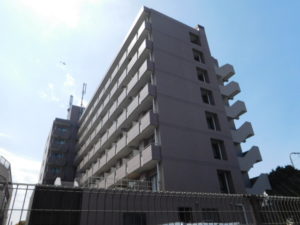
You can rent own room in Japan. Japanese apartment is super clean and the structure is very strong
because earthquake often happens.
Advantage: You will be protected in your private room.
Disadvantage: It is difficult to talk with native Japanese speakers
and you have to pay electronic and gas.
Share house

Share house means people can stay with others and it has 2 types system.
One is that everyone has each room and share the kitchen, bathroom, and laundry.
Second is that everyone shares even rooms.
Advantage: You can talk to foreigners and share cultures
because most people live in a shared house are foreigners. But depends on roommates.
Disadvantage: Private times are less than others and basically, you have to share house works.
Airbnb
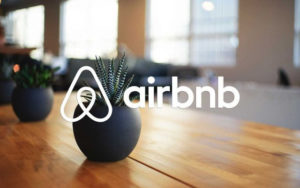
If you want to live just temporary, Airbnb is a good way.
I used Airbnb in Canada. Customer supports are really helpful.
If you can not contact with owners, they help you desperately.
Advantage: Short time staying is accepted and flexible.
Disadvantage: There are more cases which are high price than others if you stay long times.
Tips
Now, you have understood there are a lot of options you have.
If you want to improve your Japanese, Homestay is a good way.
In contrast, if you want to save money, share house is the cheapest way.
So you should think about what kind of accommodation is the best for you.
And It depends on your purpose.
Food
Japanese foods are amazing and elaborate.
I am going to show you the Japanese common food’s price, restaurants, groceries.
Eating out
If you want to eat out instead of cooking, what I am going to tell is very useful information.
Because these are very cheap foods in Japan.
| Gyudon (Sukiya) | 400 |
| Udon (Hanamaru Udon) | 400 |
| Ramen (Ichiran) | 800 |
| Tonkatsu (Katsuya) | 800 |
| Soba (Fujisoba) | 400 |
| Curry (Cocoichi) | 600 |
| Sushi (Sushirou) | 800 |
| Steak (Gasuto) | 800 |
| Family restaurant (Yumean) | 800-2000 |
| Hamburger (Macdonald) | 500 |
※Price=yen, ()=Food shop name
Gyudon (Sukiya)
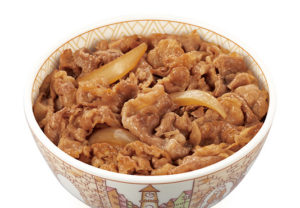
Udon (Hanamaru Udon)
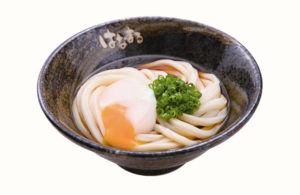
Ramen (Ichiran)
Tonkatsu (Katsuya)
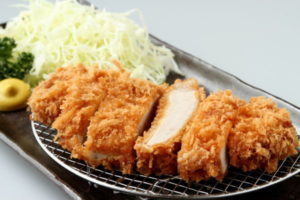
Soba (Fujisoba)
| FAIR Study
Curry (Cocoichi)
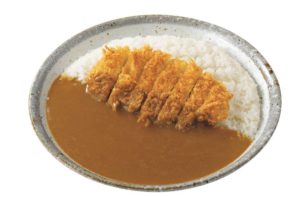
Sushi (Sushirou)
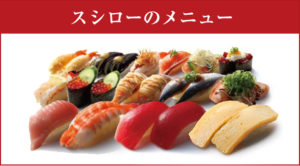
Steak (Gasuto)
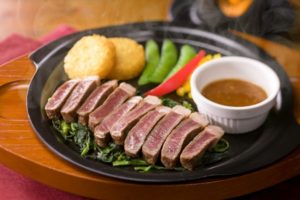
Family restaurant (Yumean)
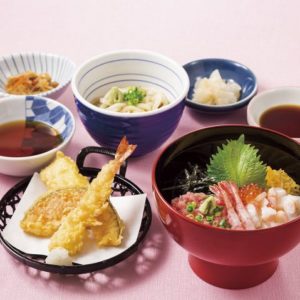
Hamburger (Macdonald)

These shop’s cost-performance is excellent!
If you do not want to cook yourself, those must help your Japan life.
Grocery Shop
| Rice | 1800 (5kg) |
| Pasta | 300 (1kg) |
| Toast bread | 180 (1 loaf of bread) |
| Beef | 230 (100g) |
| Pork | 200 (100g) |
| Chicken | 110 (100g) |
| Egg | 200 (10) |
| Milk | 200 (1L) |
| Water | 100 (1L) |
| Coke | 100 (500ml) |
※Price=yen
I will recommend you 3 cheep grocery shops.
1, Gyomuyo super
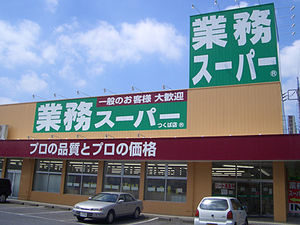
2, Aeon

3, Seiyu
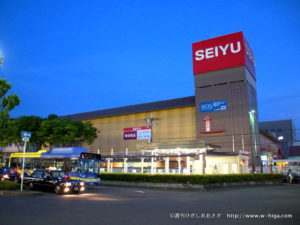
Those are very cheap and the quality is good.
So you should try to find them near you.
Tips
If you want to save money, you should cook for yourself.
When I was in Canada as s student, I used to cook almost every day.
Thanks to that, I could have saved money.
Insurance

National health insurance
You have to register to get national health insurance when you stay over 3 months.
National health insurance depends on one’s place someone stay and income.
But basically, it’s around 20,000yen per year so the price is around 1,700yen per month.
You can get a 70% discount for the hospitalization if you will be injured.
But when you harm someone or properties, national health insurance does not work.
So if you worry about that, you should get private insurance to cover the damages.
Tips
In my opinion, you do not have to get it unless you drive in Japan.
Because I’ve never used insurance in Japan.
Transportation
Do you know that Japanese transportation is super accurate?
Because most Japanese are worried about punctuality.
So everyone does not wait for the next train when the train is full especially during rush hours.
If you want to avoid it, you should leave earlier than others.
Now, I am going to show you what kind of transportation systems exist in Japan.
Train
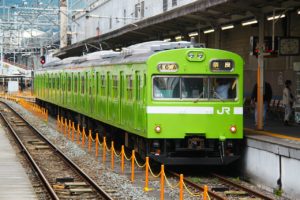
Train is most popular transportation system in Japan.
If you study or work in the same place on weekdays, getting a monthly pass is advisable.
Fee examples:
| 1 day ticket | 1 mon | 3 mon | 6 mon | |
| Ikebukuro ⇒ Shibuya | 195 | 5,170 | 14,730 | 24,810 |
| Umeda ⇒ Shinosaka | 230 | 8,930 | 25,460 | 48,230 |
※Price=yen
Bus
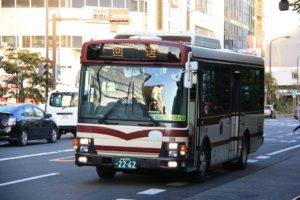
The local bus is a second means of public transportation.
And the cost depends on distance but basically, around 180-300.
Also, there is a monthly pass for this.
Car
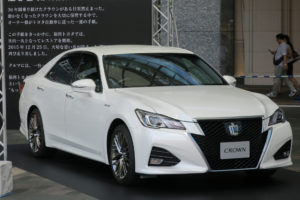
Nowadays, young people in Japan do not have cars, especially in a big city.
Because the transportation system is so useful.
But if you want to drive, renting a car is also useful and cheap.
I often used to rent it.
Small car’s cost is around 5,000yen per day.
If you want to go on a trip, You have these options.
Shinkansen(bullet train), air plan, night train, night bus.
Tips
You should calculate which is better for you between where you live and how much the cost of the monthly pass.
Otherwise, you can not understand where you should live.
Cell Phone
If you own a cellphone, all it takes is to change the Sim card.
Actually, there’s a lot of the cell phone companies in Japan
And especially 3 big cell phone companies in Japan.
1, Docomo
2, Au
3, Softbank
But nowadays, it is common to change to other cell phone companies.
Why? because these companies have a lot of disadvantages.
1. The prices are expensive.
2. It is unacceptable to turn down the contract in 2 years.
So you should take these new companies.
Line mobile

Line is the most popular communication tool in Japan.
Most Japanese use this application and this cell phone made from Line.
Line is like a What’s up, wechat.
Line mobile features that you can use SNS Instagram, Twitter, Facebook, Line free of charge.
UQ mobile

UQ mobile features that date speed is speedy and free take plans.
If you want to talk with phone number(without application such as a Line, what’s up),
UQ mobile is suitable for you.
But remember you can not discontinue the contract in 2 years.
Compare Costs
| 2GB | 3GB | 5GB | 6GB | |
| Line mobile | 2,570 | 3,860 | ||
| UQ mobile | 2,980 | 3,980 | ||
| Docomo | 6,000~ | 7,000~ | ||
| Au | 4,480~ | 5,540~ | 6,480~ | 7,480~ |
| Softbank | 5,500~ | 7,000~ |
※Price=yen
Tips
If you do not mind date speed and you use only in 2 years, I recommend Line mobile.
If you use it more than 2 years and you care about data speed, I recommend UQ mobile.
Model Case
| Apartment (Tokyo) | 79,000 |
| Meals | 30,000 |
| Insurance (only national health insurance) | 1,700 |
| Transportation (monthly pass) | 6,000 |
| Cell phone (UQ mobile) | 4,000 |
| Entertainment expenses | 30,000 |
| Total | 150,700 |
※Price=yen

Conclusion
How did you feel cost living in Japan?
Expensive or Cheap?
I like Japan because of everything high quality and cheap.
If you want to live in Japan, do not hesitate!
I guaranty that Japan is awesome!
If you are a beginner at Japanese, I recommend these pages.
Easy Way to Learn Japanese alphabet Katakana and Hiragana
50 Most Important Japanese Phrases for Travelers
Good luck!
FAIR Japan provides useful information about Japan.
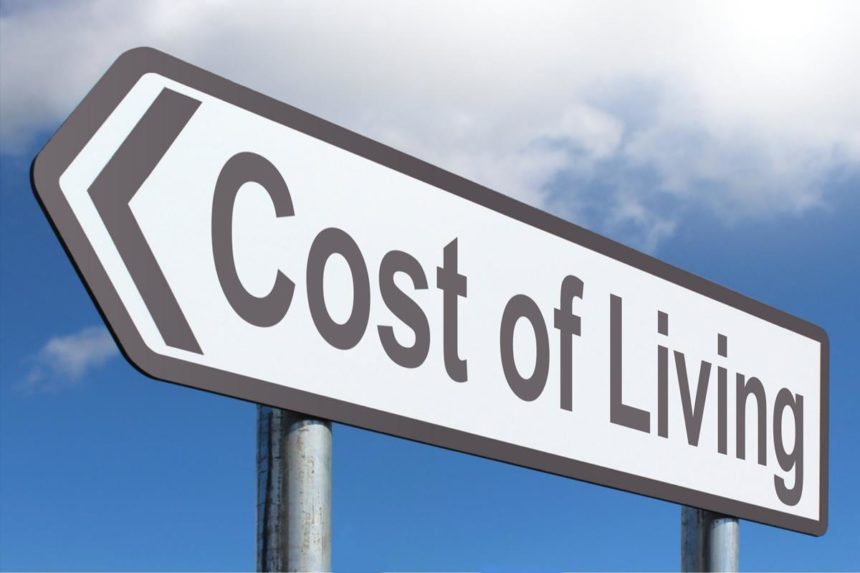

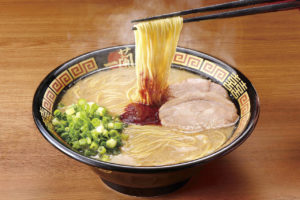

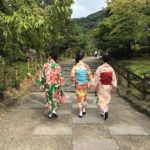



No comments yet.